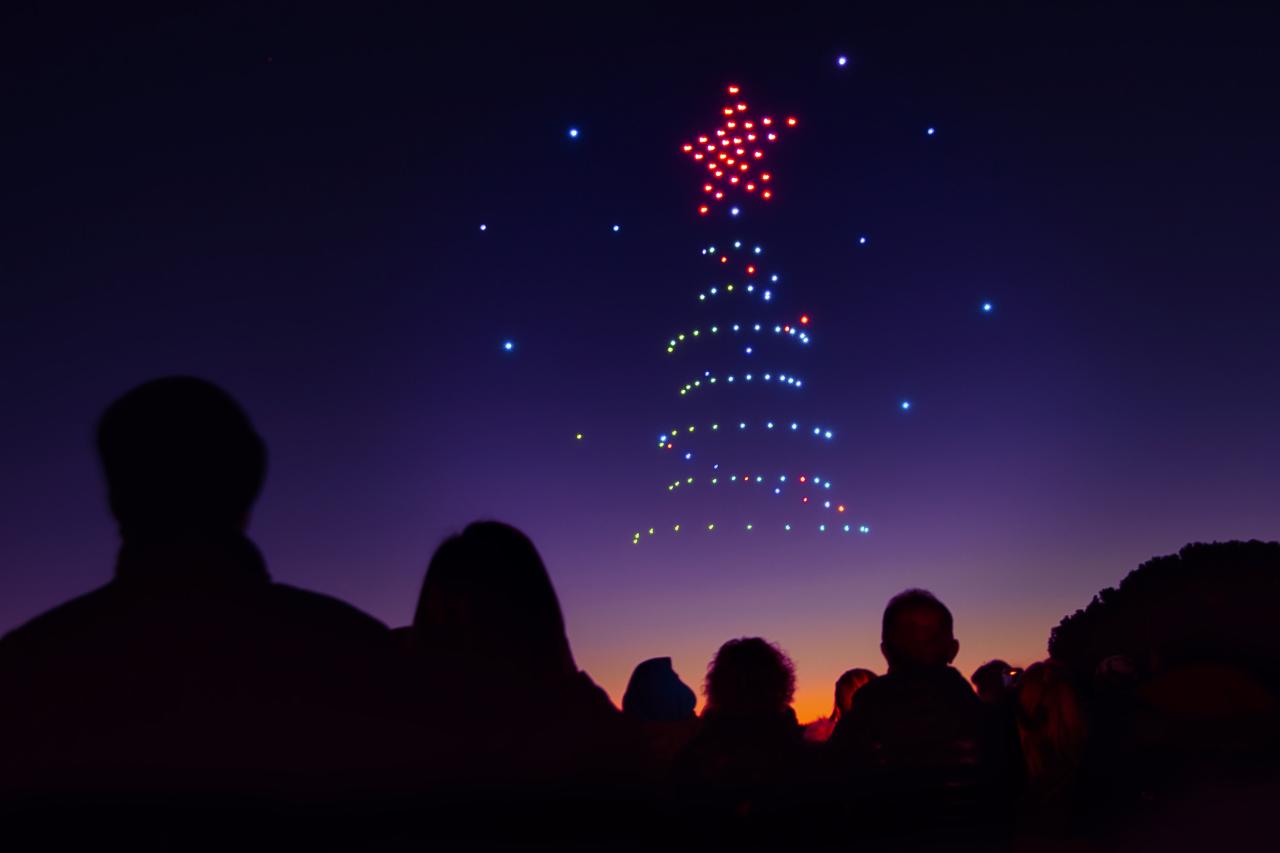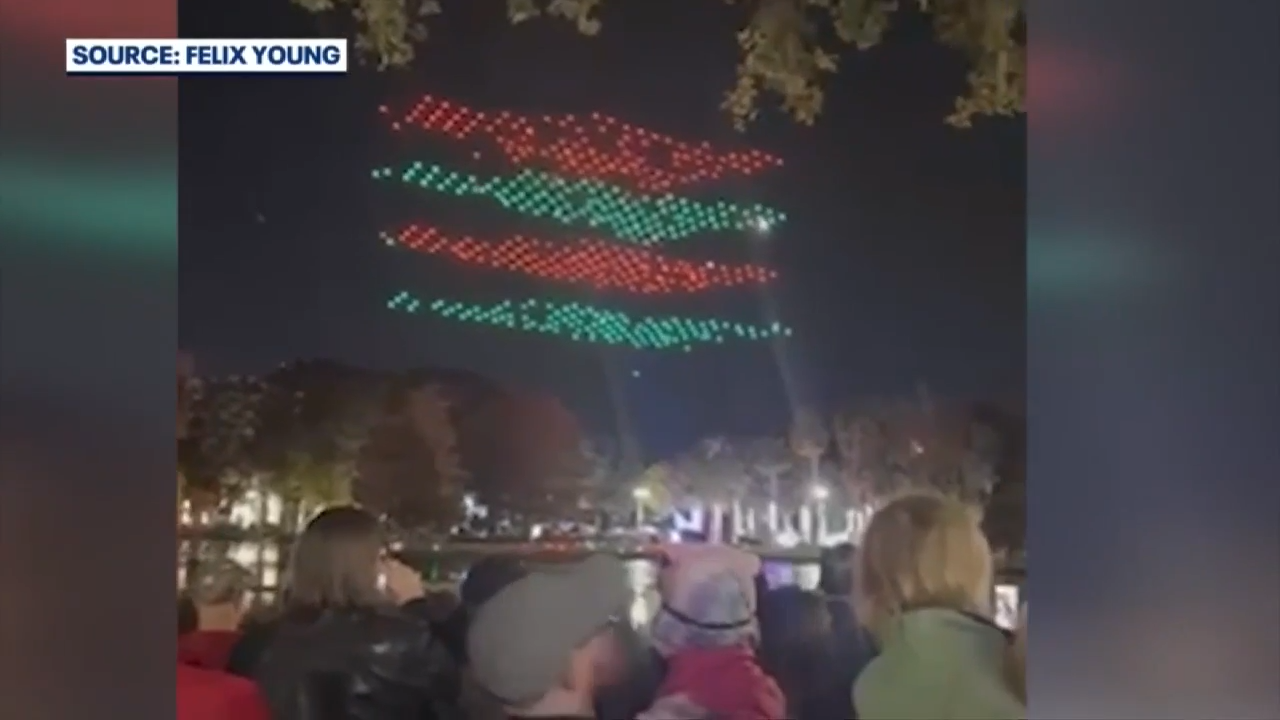Florida drone accidents, while relatively infrequent, highlight the growing complexities of unmanned aerial vehicle (UAV) operation. This exploration delves into the various facets of these incidents, from the causes and legal ramifications to safety protocols and environmental impacts. We’ll examine common accident scenarios, exploring the roles of pilot error, mechanical malfunctions, and weather conditions. The analysis also considers the differing regulations and liabilities associated with recreational versus commercial drone usage within the state.
Understanding the nuances of Florida’s drone laws, in comparison to other states, is crucial for safe and responsible operation. This includes a detailed look at the FAA’s involvement in investigations and the insurance options available to mitigate potential financial losses. We will also examine best practices for pre-flight checks, emergency procedures, and methods to minimize the risk of accidents impacting Florida’s unique environment and infrastructure.
Florida Drone Accidents: A Comprehensive Overview
Drone usage in Florida is rapidly increasing, leading to a corresponding rise in accidents. This article provides a detailed analysis of various aspects of Florida drone accidents, encompassing their types, legal ramifications, safety protocols, environmental impact, and insurance considerations.
Types of Florida Drone Accidents
Drone accidents in Florida stem from diverse factors, resulting in a wide range of incidents. These can be categorized based on the cause, the type of drone involved, and the location of the accident. Common scenarios include mid-air collisions, loss of signal, mechanical failures, and pilot error exacerbated by weather conditions such as strong winds or heavy rainfall. Accidents involving recreational drones might differ from those involving commercial drones, in terms of severity and consequences.
For instance, a recreational drone crashing into a tree might cause minor damage, while a commercial drone falling onto a populated area could have more serious implications.
| Accident Type | Cause | Location (Florida Region) | Outcome |
|---|---|---|---|
| Collision with Building | Pilot Error (Loss of Control) | Miami-Dade County | Minor Drone Damage, No Injuries |
| Mid-air Collision | Two Recreational Drones | Orlando | Both Drones Damaged, No Injuries |
| Power Line Strike | Mechanical Failure (Motor Malfunction) | Tampa Bay | Drone Destroyed, Power Outage in Nearby Area |
| Water Landing | Strong Winds | Key West | Drone Damaged beyond Repair |
| Property Damage | Loss of GPS Signal | Everglades National Park | Drone Damaged, Minor Property Damage to Nearby Structure |
Legal and Regulatory Aspects of Drone Accidents in Florida

Florida’s drone regulations, largely aligned with Federal Aviation Administration (FAA) rules, aim to prevent accidents. These regulations cover areas like registration, licensing for commercial operations, flight restrictions near airports and sensitive areas, and operational limitations in specific weather conditions. Legal liability in drone accidents can fall on the pilot, the drone owner, or even the manufacturer, depending on the circumstances.
The FAA plays a crucial role in investigating accidents, determining their causes, and potentially issuing penalties. Compared to states like California, Florida’s drone regulations are relatively similar in their core principles, although specific nuances in enforcement and permitted flight zones may vary.
Safety Procedures and Best Practices for Drone Operation in Florida
Safe drone operation in Florida necessitates adherence to best practices. Thorough pre-flight checklists are essential, encompassing visual inspections of all components, battery checks, and confirmation of GPS signal strength. Understanding weather forecasts is crucial; strong winds, heavy rain, and lightning are significant hazards. Florida’s unique geography, with its varied terrain and proximity to water bodies, requires careful flight planning.
Emergency procedures should include immediate power-off if a malfunction occurs and secure retrieval of the drone, if possible.
- Pre-flight Checklist: A detailed visual inspection should be conducted, including propellers for damage, motor casings for cracks, and careful examination of all wiring and connections. A diagram illustrating this process would show a close-up of each component, highlighting areas of potential failure.
- Weather Awareness: Always check the weather forecast before flying, paying close attention to wind speed and direction, precipitation, and lightning alerts. Avoid flying in adverse weather conditions.
- Emergency Procedures: In case of a malfunction, immediately attempt to regain control. If control is lost, switch off the drone’s power. Once the drone has landed, assess the damage and report the incident if necessary.
- Flight Planning: Plan your flight route meticulously, avoiding populated areas, sensitive ecosystems, and restricted airspace. Always maintain visual line of sight with the drone.
Impact on Environment and Infrastructure

Drone accidents in Florida can have significant environmental and infrastructural consequences. Collisions with power lines can cause outages, while crashes in sensitive ecosystems like the Everglades can disrupt wildlife habitats and potentially injure or kill animals. Compared to car accidents, drone accidents generally have a smaller-scale impact on infrastructure, but the environmental damage can be disproportionately high in delicate ecosystems.
A hypothetical scenario might involve a drone malfunctioning over a nesting area of endangered birds, causing significant habitat disruption and potentially harming the birds or their nests.
Insurance and Compensation for Drone Accidents

Drone insurance is crucial for mitigating financial losses after an accident. Policies vary depending on the type of drone operation (recreational or commercial) and the level of coverage required. Filing an insurance claim typically involves reporting the accident to the insurer, providing documentation of the damage, and potentially undergoing an investigation. The amount of compensation received depends on the extent of the damage, the policy coverage, and the insurer’s assessment of liability.
Commercial drone operators usually require more comprehensive insurance coverage compared to recreational users.
Ultimately, navigating the world of Florida drone operation requires a comprehensive understanding of safety protocols, legal frameworks, and potential consequences. By proactively addressing these factors, drone operators can contribute to a safer airspace while enjoying the technological advancements and economic opportunities presented by UAV technology. Responsible operation is paramount to prevent future accidents and protect both the environment and the public.
Recent news reports of a Florida drone accident highlight the importance of safe drone operation. However, the potential for spectacular displays is undeniable, as evidenced by the impressive visuals often seen at events like the Florida drone show. Understanding both the risks and rewards associated with drone technology is crucial to preventing future accidents and ensuring responsible enjoyment of this exciting technology.
Expert Answers: Florida Drone Accident
What is the most common cause of Florida drone accidents?
Pilot error, including loss of control and improper pre-flight checks, is often cited as the leading cause.
Can I fly my drone anywhere in Florida?
Recent Florida drone accidents highlight the inherent risks associated with unmanned aerial vehicles. These incidents underscore the need for robust safety protocols, a point further emphasized by a recent incident, as detailed in this report on an orlando drone show malfunction , which showcased the potential for large-scale failures. Understanding these malfunctions is crucial for preventing future accidents in Florida and elsewhere.
No, Florida, like other states, has airspace restrictions. Check FAA regulations and local ordinances before flight.
What type of insurance is recommended for drone owners in Florida?
Liability insurance is highly recommended, particularly for commercial operators, to cover potential damages caused by accidents.
Recent Florida drone accidents highlight the need for robust safety protocols in drone operation. Understanding the technology involved is crucial; for example, exploring companies like sky elements drones and their safety features can offer valuable insight into preventing future incidents. Ultimately, preventing further Florida drone accidents requires a multifaceted approach including better training and improved drone technology.
What penalties can I face for violating Florida drone laws?
Penalties can range from fines to legal action, depending on the severity of the violation. The FAA and local authorities enforce these laws.
